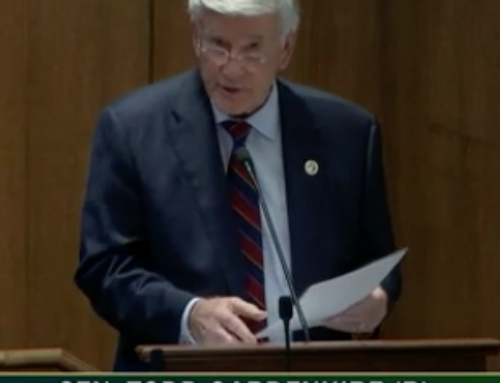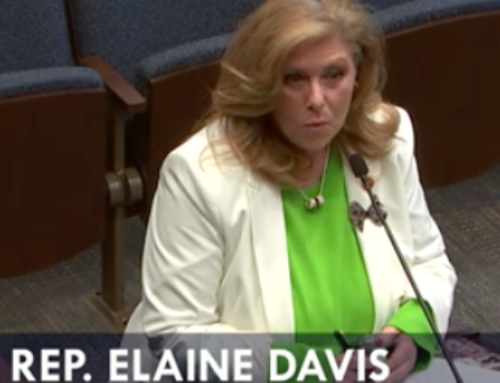NOTE: This post was updated on Feb. 3, 2014 to reflect the Maury County Commission agendas are posted online on the Thursday before the Monday meeting. Not all of the committee meeting agendas are similarly required to be posted in advance of meetings.
Following is an excerpt from a request by Spring Hill resident and community activist Mike Bennett, published in The Daily Herald in Columbia. He wants his local government to, among other things, let citizens see meeting agendas before public meetings. Here’s the excerpt, well-put, by Mr. Bennett:
“Like almost everyone, my New Year Resolutions have come and gone over the years. But New Year Resolutions need not apply just to individuals, but could be adopted by organizations and local governments for the purpose of setting goals, improving attitudes, increasing cooperation, or building a clearer vision of the future. Here are three proposed New Year’s Resolutions we would like Maury County government to consider:
“Resolution #1: Maury County Commission and School Board members pledge in writing a commitment to establish an open and transparent government that would establish a true open forum for citizens, where they can respectfully raise their concerns during public meetings about the direction or lack of it by our local government. We recommend County Commission start by repealing Rule 12.6 which commissioners passed unanimously in 2013 which states in part; “time deadlines or postings requirements for public view of agendas, minutes, resolutions and supporting documentation, or any other items to be considered by the County Commission contained in these rules are recommendations and will not preclude the County Commission from discussing or voting on said issues.” We don’t mean for our commission and school board to simply abide by the Tennessee Open Government and Records Acts. We mean for it to implement the kind of transparency that can’t be legislated. This kind of transparent government would keep voters informed and involved because they are stakeholders in the process of governing, not adversaries. In the process the quality of public discourse and decision making in the community improves. As the syndicated writer George Will, recently pointed out in his article of Jan 5, 2014 that ‘informed voters reduce the likelihood of deception and propaganda. Voters can’t hold elected officials accountable if they don’t know what government is doing or not doing.’ ”



